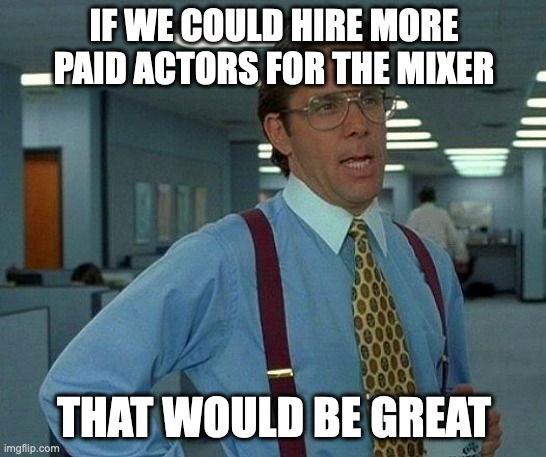
SEO and SEM are important parts of a marketing strategy in this digital age. Just as with traditional advertising in print, ethics are a concern when promoting products or services to consumers. Some unethical practices in traditional marketing include:
- misleading claims,
- targeting vulnerable audiences,
- controversial messaging,
- privacy issues, and
- discrimination.
Unethical SEO/SEM practices can cause the same potential harm to a brand and company, especially regarding a business’s reputation with consumers. Unethical SEO/SEM strategies to be aware of include:
- fake reviews,
- hidden text,
- purchased backlinks,
- misinformation, and
- keyword stuffing.
These unethical practices create problems for both businesses and consumers. According to BreaktheWeb.com, there are three reasons to avoid Black Hat SEO/SEM: it negatively impacts search rankings, provides only short-term results, and creates bad user experiences (Berkowitz, 2023).
Impacting search rankings is one of the top reasons not to employ unethical SEO/SEM practices. Not only can search engines lower a website’s rankings, but they can also affect the site’s “credibility and trustworthiness.” This credibility and trust issue can spill over to users and consumers by alerting them that they are entering a site that may not be in good standing with search engines (What will be, 2024). These efforts may increase analytics and conversions temporarily, but eventually, search engines will catch on and nullify these gains by penalizing the website.
However, the most impactful reason to avoid black hat SEO/SEM is the consumer experience, which encompasses “behavior, attitudes, and affective responses to the brand.” One study concluded that when consumers realize unethical SEO/SEM tactics were used, it leads to “lower purchase intentions, more negative attitudes,” and even negative responses to ethical SEO/SEM tactics (Thorat et al., 2023). In this digital age, consumers are more likely to share their negative experiences rather than their positive ones (Lubag, 2023).

Let’s look at a real-life example of a well-known company using unethical SEO practices. In 2011, Overstock.com came under scrutiny from Google after it was discovered that the company was essentially paying for backlinks. To boost its ranking on Google, Overstock.com incentivized college and university websites to include links to its site by offering discounts of up to 10% on certain products to both faculty and students. According to an article in The Wall Street Journal, .edu backlinks are highly valued because these are considered trusted websites by Google’s standards. Once Google became aware of Overstock.com’s backlink practices and adjusted its rankings accordingly, Overstock.com’s ranking dropped from as high as third place to seventieth.
This example highlights the benefits of using ethical SEO/SEM practices. To maintain website integrity and rankings, it is important to remain transparent and honest when dealing with search engine algorithms.

Consider this analogy for paid backlinks: Imagine you are invited to a business mixer. While enjoying free food and drinks, multiple people approach you and share their personal success stories about Acme Co. Based on all the rave reviews, you decide to do business with them. However, a few days later, you discover several of these individuals were paid actors, simply playing a part and reciting lines to the guests. Would you still want to do business with Acme?
Think about the SEO or SEM strategy you want to implement, and ask yourself: If I were a customer and found out about this strategy later, would I be upset? Would it alienate me from the company? Would I want to continue doing business with them?
If you answer yes or even maybe to any of those questions, rethink the strategy, find an ethical alternative, and implement that instead.
References
Berkowitz, J. (2023, January 19). Unethical SEO Practices: Harmful Black Hat SEO tactics. Break The Web. https://breaktheweb.agency/seo/unethical-seo-practices-black-hat/
Efrati, A. (2011, February 23). Google penalizes overstock for search tactics. The Wall Street Journal. Retrieved October 8, 2024, from https://www.proquest.com/newspapers/google-penalizes-overstock-search-tactics/docview/853338454/se-2.
Lubag, J. (2023, August 4). Why people are more likely to leave a negative review. Rize Reviews. https://rizereviews.com/why-people-are-more-likely-to-leave-a-negative-review-than-a-positive-review/
Thorat, C. A., Kaur, J., Narkhede, A. P., Umbarkar, S. K., & Shinde, S. M. (2023). Impact of Black Hat SEO Techniques on Consumer Buying Behaviour. Empirical Economics Letters, 22(Special Issue 4). https://doi.org/https://doi.org/10.5281/zenodo.8415051
What will be the consequences of unethical SEO practices in 2024?. JEMSU. (2024, January 16). https://jemsu.com/what-will-be-the-consequences-of-unethical-seo-practices-in-2024/







Leave a Reply